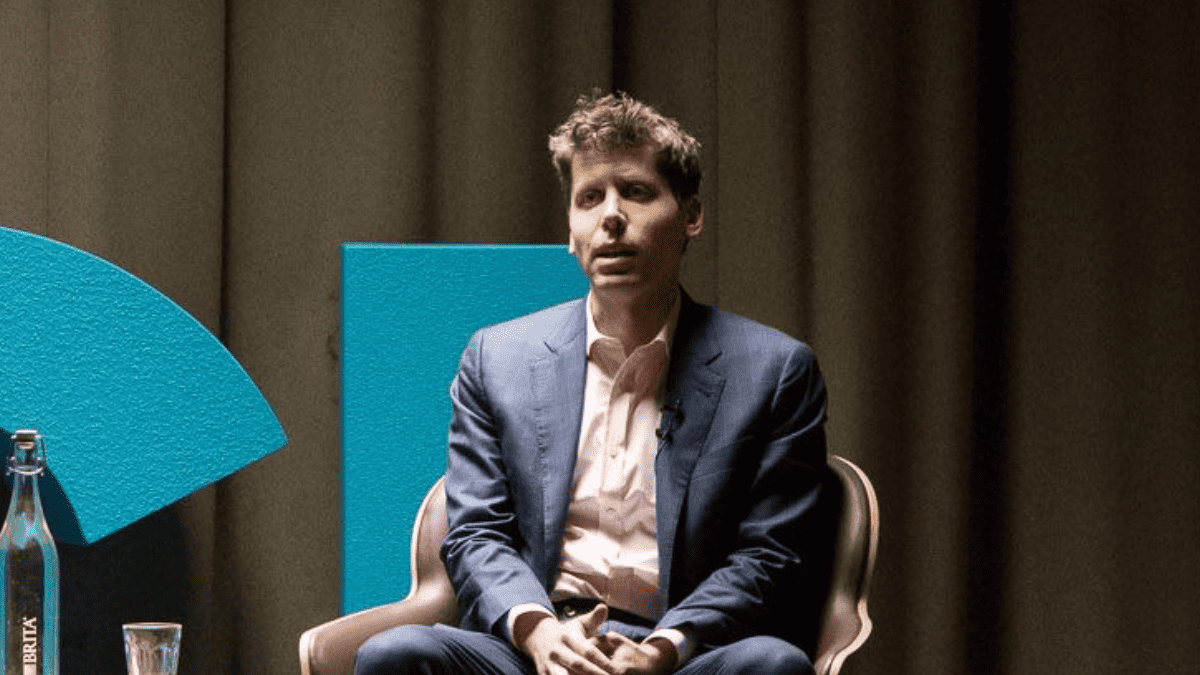Sam Altman wants to make AI cheaper, admits AI does bring risks to labor markets
"People have become dramatically more capable over time," he says.
2 min. read
Published on
Read our disclosure page to find out how can you help MSPoweruser sustain the editorial team Read more
Key notes
- Sam Altman shares his two cents on the AI development in a recent blog post.
- The OpenAI boss aims to lower computing costs to make AI accessible and warns of potential inequality.
- He also notes that AI will impact jobs but believes meaningful work will remain.

Sam Altman, the CEO of OpenAI, has recently shared his two cents on the recent development of the technology. In a recent post on his personal blog “Intelligence Age,” Altman shares his vision that he wants to make artificial intelligence cheaper by reducing the cost of computing.
“If we want to put AI into the hands of as many people as possible, we need to drive down the cost of computing and make it abundant (which requires lots of energy and chips),” he says.
AI training is expensive—so much so that even big players like Google and Microsoft have reportedly spent more resources than literal countries to build data centers for such operations.
Microsoft has invested $14 billion in one quarter in AI & cloud demand, reflecting a 79% year-over-year increase. The development of large language models, which can cost around $100 million to train, is also becoming more expensive, potentially reaching $1 billion or more for future models not to mention the reliance on costly GPUs for it.
And for the record, the Redmond company’s greenhouse gas emissions also increased by 30% since 2020, having consumed 24 terawatt-hours (TWh) with Google in 2023 for its operations in AI and cloud.
“If we don’t build enough infrastructure, AI will be a very limited resource that wars get fought over and that becomes mostly a tool for rich people,” he continues.
Sam also acknowledges that AI can impact jobs, for better or worse. Some jobs that seem trivial today contributed to progress in the past, and while AI may change the job landscape, future generations may look back and see today’s roles as just as valuable.
“We expect that this technology can cause a significant change in labor markets (good and bad) in the coming years, but most jobs will change more slowly than most people think, and I have no fear that we’ll run out of things to do (even if they don’t look like “real jobs” to us today),” he says.
Earlier this year, Altman sat down with Bill Gates for a podcast episode to talk about all things AI. He said that we’re advancing way too fast with AI, hinting that his company planned to explore robotics and the blue-collar industry, too.









User forum
0 messages